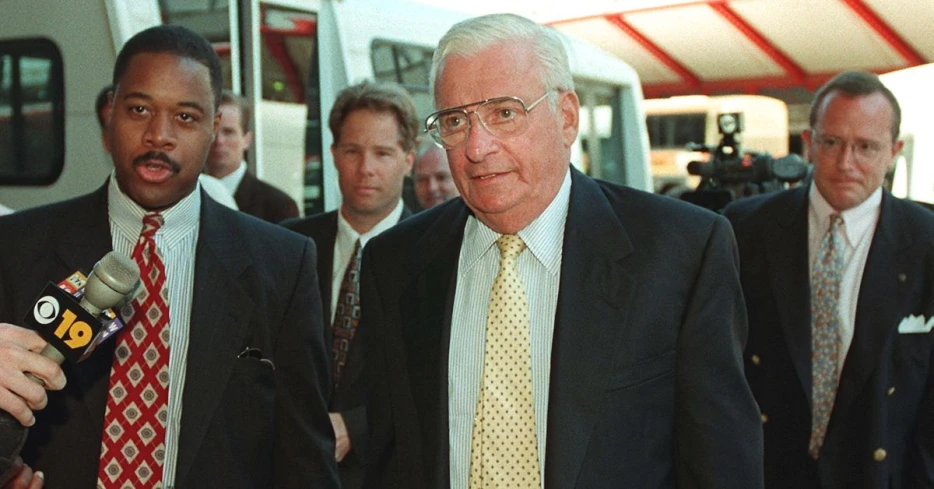
 Dawgs By Nature
Dawgs By Nature
Brook Park dome is still highly likely as political, financial maneuvers begin
The City of Cleveland once fought valiantly to keep the Cleveland Browns a part of the fabric of the community. While Art Modell and the NFL failed Cleveland, the name, colors and history of the team were able to stick with what became the Cleveland Browns again in 1999.
Now, a move to Brook Park with a domed stadium is all but certain. That has been the expected result for a while now despite Burke Lakefront Airport being discussed and the city’s push to renovate the current stadium.
Once renderings of a $3.6 billion complex were made public, the Cleveland Browns in Brook Park was the outcome.
Now, citing an Ohio law that has been called “The Art Modell Law,” city officials are preparing a lawsuit against the team’s move:
“Our city ordinances require the city to enforce the Modell Law,” Law Director Mark Griffin said in a statement to Signal Cleveland. “That is what we are going to do. In order to protect our taxpayers’ investment and keep the Browns downtown, we are following the law and putting together our litigation response. ”
The law, which you can find as a part of the Ohio Revised Code (ORC Section 6.97) was effective in January of 1996. The law has two parts. The first says that a team can play “most of its home games elsewhere” with an agreement with the city it is in. The second part is more nuanced:
(B) Gives the political subdivision in which the facility is located not less than six months’ advance notice of the owner’s intention to cease playing most of its home games at the facility and, during the six months after such notice, gives the political subdivision or any individual or group of individuals who reside in the area the opportunity to purchase the team.
With the Browns lease not up until 2028, the Haslams have a long time to comply with the six-month advance notice clause. The law also does not require the team to be sold just “the opportunity to purchase.” Basically, give someone a chance to blow the Haslams out of the water with an offer that would keep the team inside the city.
In the end, the goal may not be to actually keep the team but to reap financial benefits:
Kucinich, however, argues there’s value in suing anyway – even if team owners were to challenge the law. The prospect of drawn-out litigation and appeals might force ownership to settle in the city’s favor, he said.
“Filing a lawsuit can tie this up for years,” Kucinich said, “because eventually you’ll have to go to the Ohio Supreme Court.”
Kucinich is Dennis Kucinich, the former mayor of Cleveland who wrote the bill that became the “Modell Law” back in 1996.
A Cleveland State University law professor gave his legal opinion on the city’s plan:
“It sounds good, but it’s really sort...